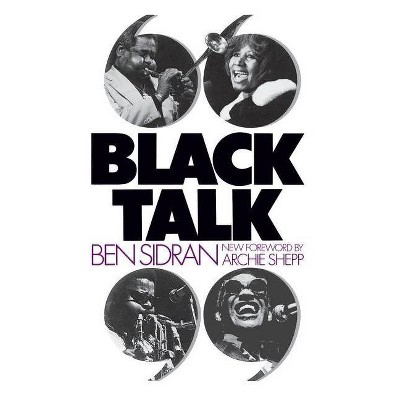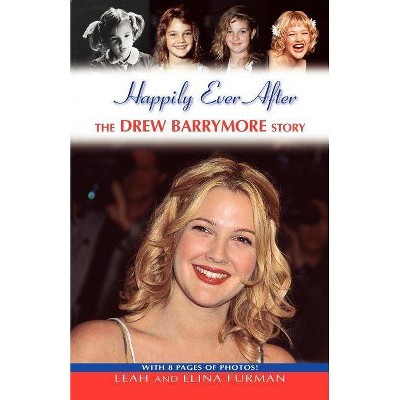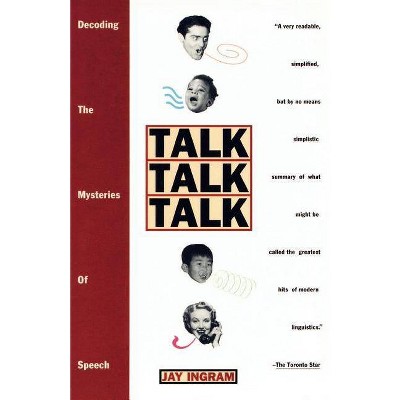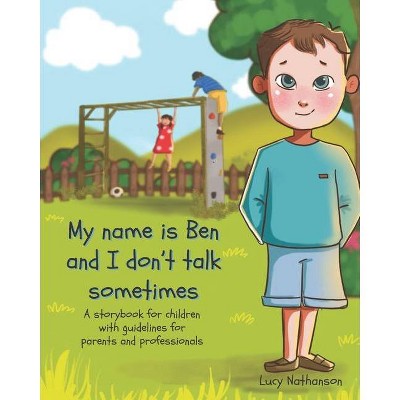Solution Talk - by Ben Furman & Tapani Ahola (Paperback)

Similar Products
Products of same category from the store
AllProduct info
<p/><br></br><p><b> About the Book </b></p></br></br>"This welcome text, brimming with examples, solves human problems in a new and constructive way. Utilizing ideas like 'inspiration days, ' the authors present us with their format for thinking about families, work systems, and training. Unique to this format is its inclusion of the client's approach to the problem and the construction of joint conversations involving all participants in the problem system. The reader has many discoveries ahead that I suspect will encourage confidence in the generation of positive ideas in every systemic situation." --Peggy Penn, Director of Training, Ackerman Institute<p/><br></br><p><b> Book Synopsis </b></p></br></br>This book represents an addition to the literature on brief therapy. Solution Talk is a term Furman and Ahola use to refer to a constructive and agreeable manner of talking with people about problems. A conversation dominated by solution talk rather than problem talk is characterized by an atmosphere of mutual respect and is likely to focus on the future rather than the past, on resources rather than shortcomings, on success and progress rather than failure, and on solutions rather than problems.<p/><br></br><p><b> From the Back Cover </b></p></br></br>Solution talk is a term Furman and Ahola use to refer to a constructive and agreeable manner of talking with people about problems. A conversation dominated by "solution talk" rather than "problem talk" is characterized by an atmosphere of mutual respect and is likely to focus on the future rather than the past, on resources rather than failings, on success and progress rather than failure, on credit rather than blame, and on solutions rather than problems. This book brings the principles of solution talk to life. Furman and Ahola demonstrate that in situations where there seems little or no reason to hope, where the burdens of the past seem too heavy to bear and the future looks dark, there are always some overlooked resources. They show that in uncovering resources one does not have to be serious--much can be accomplished by injecting a small dose of humor within the context of a large dose of respect. Furman and Ahola persuasively demonstrate how simply inviting people to generate visions of a positive future can open the way to new possibilities. They provocatively argue for a more constructive vocabulary to refer to problem behavior and stir the imagination of the reader by eschewing conventional psychological explanations in favor of inventive--even absurd--ones. If these principles were presented without clinical examples, readers might doubt the applicability of solution talk to difficult and seemingly intractable cases. But the authors have provided an impressive collection of case material and clinical vignettes, including work with individuals, families, and organizations. Told with candor, respect and humor, these stories refreshingly document the emerging view ofpsychotherapy not as a method of curing disturbed people and families, nor as a technique for fixing problems, but rather as a way of conversing with people that is likely to inspire solutions and enhance collaboration among those concerned. In Solution Talk Furman and Ahola manage to convince even the skeptics that the contemporary shift in emphasis from the "negative" to the "positive" is a desirable progression in the evolution of psychotherapy and the helping professions at large.
Price History
Price Archive shows prices from various stores, lets you see history and find the cheapest. There is no actual sale on the website. For all support, inquiry and suggestion messagescommunication@pricearchive.us




















